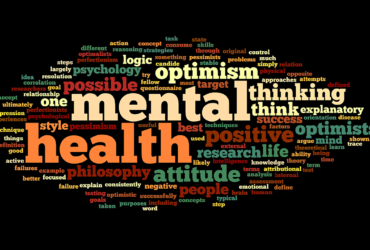Opposing shifts in emotions and moods resulting in unstable and depressed mental states
Estimates suggest that around 4.4% of U.S. adults will experience bipolar disorder. The causes of bipolar disorder are not understood.
Many clinicians believe genetics play a significant role and can be aggravated or triggered by family, social factors, and life-changing trauma.
Symptoms of bipolar disorder can include frequent and continued feelings of sadness, hopelessness, lack of energy, problems with memory and concentration, emptiness, self-doubt, worthlessness, and deep feelings of despair and pessimism for the future.







